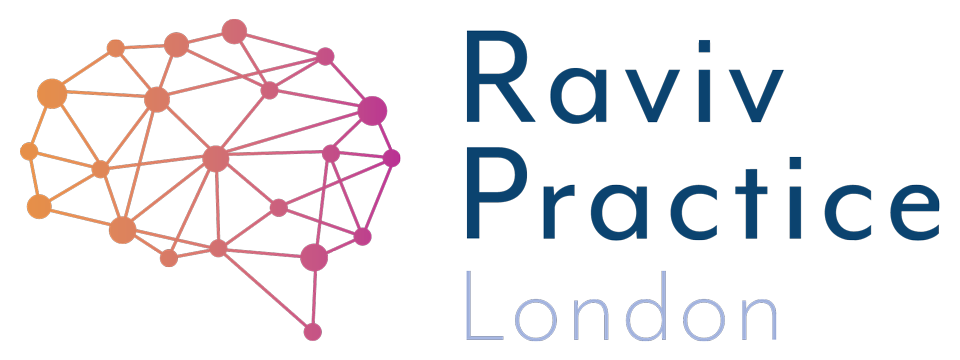What sort of therapist can help my undiagnosed child?
What sort of therapist can help my undiagnosed child?
Tips for finding the right therapist for a dyslexic/neurodivergent child
In the previous blog post, I discussed the general differences between a therapist and a tutor when it comes to help for a dyslexic or neuro-divergent child. Most parents whose children are behind in school assume their child has dyslexia because this is the most commonly known neuro-divergence. The term dyslexia, for many, is synonymous with reading difficulties.
Furthermore, you are probably reading this blog post because your child is too young to receive any formal diagnosis. Specific Learning Difficulties (SpLD) such as dyslexia, neuro-divergence are commonly assessed in the UK at age 8. When an infant under the age of 8 is significantly behind their developmental milestones, help is available via the GP for conditions such as: speech-language delay, autism, or motor coordination.
This blog covers those children who present themselves as neuro-typical but are behind in school. Most parents do not discover their child is struggling to learn until they attend school, so this will typically start to come to your attention between the ages of 5 and 7, when a diagnosis will not yet be possible.
How can a therapist help my child with suspected dyslexia or neuro-divergence?
Neuro-cognitive therapists teach indirectly, so your child’s experience with them will be quite different from how they experience school.
Their role is to bridge developmental gaps and make the child function better. They are armed with more knowledge about the systems in the brain and body, and how to help them work at their optimum level.
How do you know you have a good therapist to help your undiagnosed child?
Dyslexia is classed as a form of neuro diversity, and can co-exist with many other conditions. For this reason, a neurocognitive therapist who knows about the underlining causes of all types of neurodiversity is the best way forward. Where a regular tutor tries to make the dyslexic, or neuro-divergent, child learn conventionally, a neuro cognitive therapist sees the child's strengths and weaknesses and addresses the underlying cause, not just the surface symptoms. Once these causes are addressed, the symptoms can evaporate regardless of what category it falls under.
“The neuro-cognitive therapist’s role is to bridge developmental gaps and make the child function better. ”
Learning does not all happen in the brain
Understanding this is one of the biggest ways in which a therapist differs from a tutor. The brain's role is to assess the information coming into it via the senses. Movement, sensory input both factor into how well a brain performs. While the tutor focuses on the brain, the therapist is interested how the body informs the brain.
For example, if a child is predisposed to scanning written material from right to left, or if they don't process the difference when hearing the certain sounds maybe, they can often also be a bit shaky and have wea balancing skills. These symptoms can actually be connected, as these are some of the things that can impact how their brain performs. A therapist sees the child with fresh eyes and pieces together how the child interprets the world they live in, and how this affects their learning.
If an individual has faulty input, the output will also be dubious. Therapists do not spend hours making the child who has difficulty reading read more! They understand that to read the brain needs to have things presented in a way that makes sense to them.
How do I find the right therapist to help my child?
As a parent, you would be best to follow these tips to find the right person to help your child.
Things to do
Go to reputable websites such as British dyslexia Association
Make a short list of companies with good testimonials
Send the therapist any reports from the school, as well as your observations
Meet the therapist and talk to them in person or over zoom
Find out the sorts of therapies they use and how long they have been providing their service
Get at least two references of people who have used their service in the past 12 months
Find out what milestones they use in their therapy to measure effectiveness
Things not to do
Do not take your child to a therapist and talk openly about your concerns in front of the child
Do not spend money until you have a road map of therapy and its duration (see point 7 above!)
Do not think that, just because you have paid someone to help, you don't have to do any work yourself. There is always a lot of work for any parent to do between sessions.
Do not think that academic progress is the be all and end all. Any good therapy will increase your child's self-esteem, which will inevitably help them in all areas of their life.
Do not believe that lot of therapy at age 7 will be sufficient for the rest of your child's life.
At Raviv Practice London, we have a very transparent way of working. We take on only those cases we can help. Our face-to-face therapies can be from 16 weeks to 48 weeks depending on the challenges being faced.
We frequently appear in the press talking about dyslexia and other neuro-diversities. So here is a blog post from over 10 years ago that you might find useful - How to help children with dyslexia.
If you are a parent interested in helping your child yourself, here are the details of the workshop we recommend.
If you wish to book a free consultation to get the ball rolling for your undiagnosed child, find a slot that works for your diary here.
Dyslexia? Dyspraxia? ADHD? ASD? Speech & Language? Developmental Delay? Anxiety?
Is every school day a struggle? As a parent, you may feel exhausted and on this journey alone. Each year you see the gap getting wider. You need to do something - change the approach, help your child learn for themselves, find a way to turn this around - to help while you can - do this NOW. the first step is free.
About the Author
Usha Patel is a Neurocognitive Therapist and Director at Raviv Practice London. Parents searching to help their suspected/neurodiverse child can get evidence-based solutions with results in as little as 8 weeks. Those in search of jargon-free help can get started straight away.



